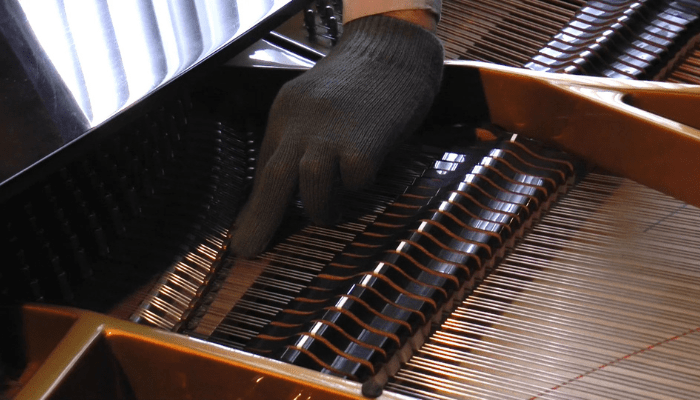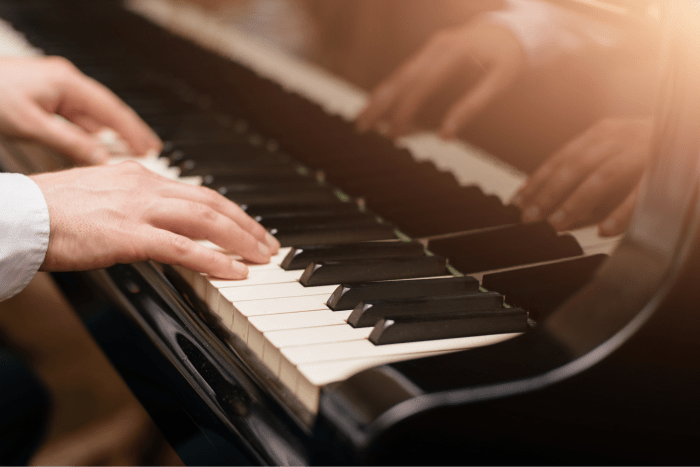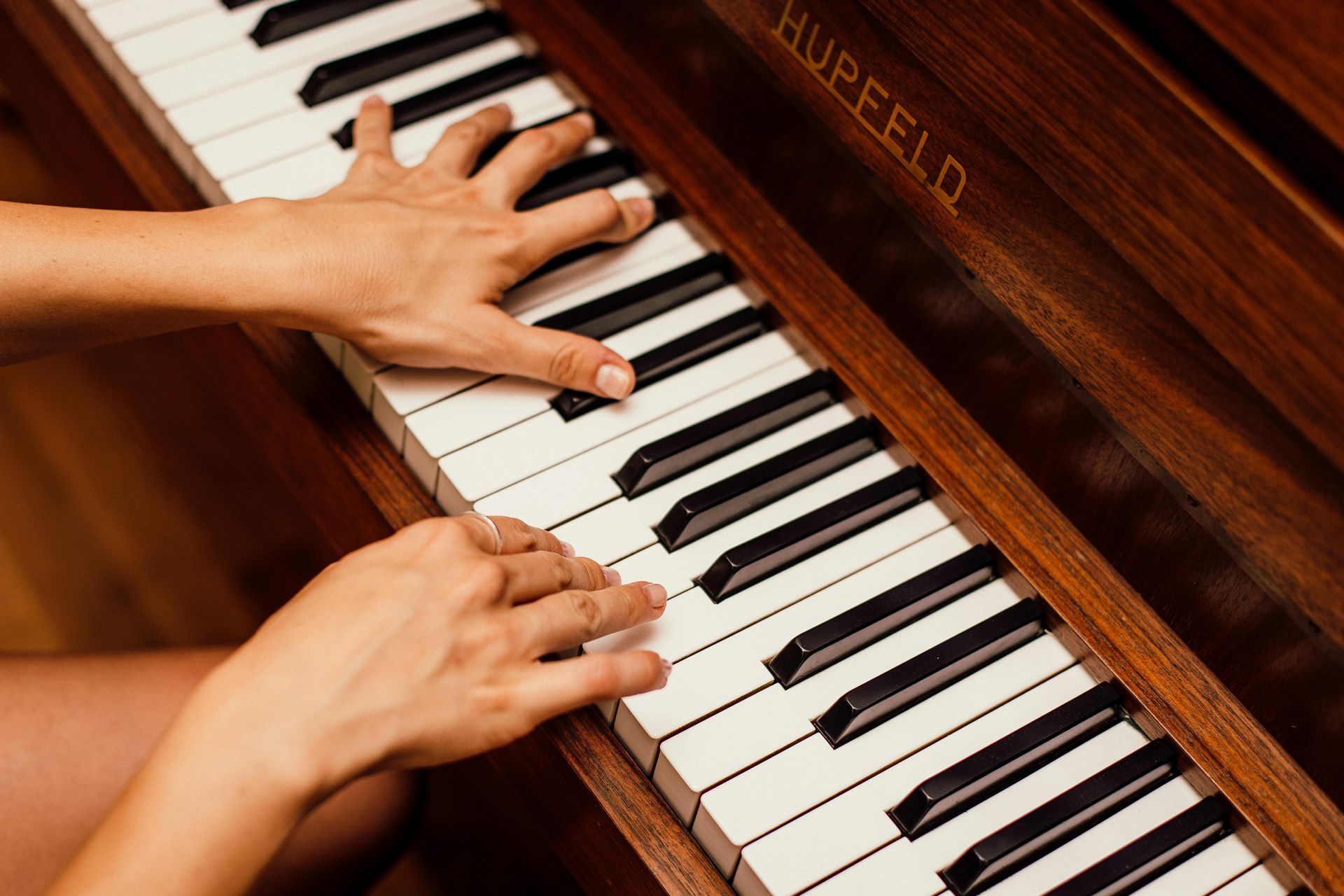What Are The Benefits of Professional Piano Tuning
What Are The Benefits of Regular Professional
Piano Tuning?
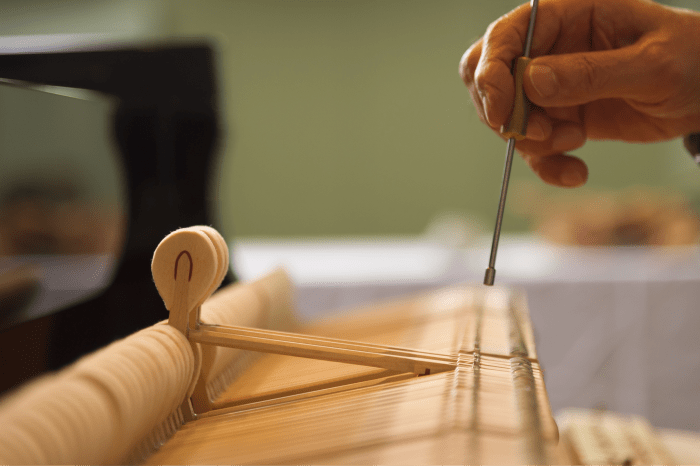
A piano is more than just a musical instrument; it’s an investment that brings joy, creativity, and beauty into your life.
Whether you own a grand piano, upright piano, or new piano, regular piano tuning is essential to keep it in good shape.
Professional piano tuning services ensure your piano produces harmonious sounds, stays in tune, and retains its value.
Based in
Temora, NSW, and servicing the Riverina, Neil Gracie is an experienced professional piano tuner dedicated to helping piano owners maintain their instruments in perfect condition.
This guide explores the benefits of professional piano tuning and why it’s the best way to care for your piano.
Why Professional Piano Tuning Matters
Having your piano tuned regularly by a professional is about more than just keeping it sounding good—it’s about maintaining the instrument’s structural integrity and prolonging its lifespan.
Pianos rely on the tension of the strings, precise alignment of the tuning pins, and stable environmental conditions to function properly.
Over time, factors like humidity changes, direct sunlight, and neglect can lead to an out-of-tune piano, impacting its performance and value.
Professional piano tuning ensures your piano’s strings are at the correct pitch, allowing the instrument to produce clear, rich tones.
This is especially important for piano players, music teachers, or anyone learning piano lessons who relies on a well-tuned piano for an optimal playing experience.
The Importance of Regular Piano Tuning
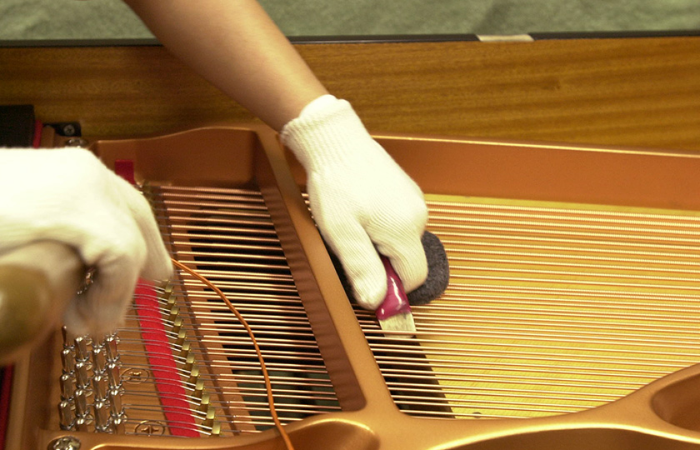
Keeps Your Piano Sounding Beautiful
Regular piano tuning helps maintain your piano’s sound by ensuring each key produces the correct pitch.
Whether it’s middle C or a higher pitch, every note will sound clean and consistent.
A well-tuned piano enhances the playing experience, providing a harmonious and enjoyable sound.
Prevents Costly Repairs
Neglecting regular maintenance can lead to irreparable damage or the need for expensive piano repairs.
Loose strings, damaged tuning pins, and structural issues caused by environmental factors can all be avoided with regular tuning.
This is particularly important for older pianos or instruments that haven’t been tuned in a long time.
Extends Your Piano’s Lifespan
Piano manufacturers recommend regular tuning as part of overall piano care.
Professional tuning ensures the instrument stays in good condition, preventing long-term issues and extending its lifespan.
A good rule of thumb is to tune new pianos more frequently during their first year as the strings settle, and then transition to a regular maintenance schedule.
The Benefits of Hiring a Professional Piano Tuner

Expert Knowledge and Tools
Professional piano tuners like
Neil Gracie have the experience and tools to handle every aspect of piano maintenance.
From pitch raises to addressing issues with tuning pins or string tension, a professional ensures your piano is fine-tuned to perfection.
Tailored Piano Services
A professional tuner offers more than just basic tuning. Services may include piano restoration, repairs, and advice on piano storage or environmental control.
For instance, a humidity control system can help mitigate humidity changes, keeping your piano’s tuning stable for longer periods.
Avoid DIY Risks
While electronic tuners or other devices may seem convenient, they can’t replace the precision and expertise of a professional.
DIY tuning often results in poor sound quality or even damage to the instrument. Entrusting your piano to an expert is the best way to avoid costly mistakes.
How Often Should You Tune Your Piano?
The frequency of tuning depends on your piano’s age, use, and environment:
• New pianos: Require frequent tuning in the first year (2-3 times) to accommodate string stretching.
• Home pianos: Regular piano tuning once a year is recommended to maintain good condition.
• Older pianos: These may need more attention, especially if they haven’t been tuned in years.
Maintaining a stable environment with consistent humidity and temperature is crucial for keeping your piano in tune.
Frequently Asked Questions About Professional Piano Tuning
What is the average cost of professional piano tuning, and why is it worth it?
The cost of professional piano tuning varies based on factors like your location and the piano’s condition. On average, it generally ranges around $250 to $350.
Can I tune my piano myself, or should I always hire a professional?
Although electronic tuners and DIY kits are available, tuning a piano is a highly intricate task that requires precision and experience. A professional tuner has the skills to adjust the tension of each string correctly, ensuring perfect pitch without damaging the piano’s delicate components.
Why is regular piano tuning important, and what happens if it’s neglected?
Pianos need regular tuning to maintain proper string tension and sound quality. Over time, fluctuations in temperature and humidity can cause the strings and wooden components to shift, leading to an uneven or dull sound. Neglecting tuning can result in loose strings, weakened tuning pins, and costly repairs.
How often should I tune my piano, and does it depend on the type of piano?
It’s recommended to tune your piano at least once or twice a year. Grand and upright pianos both require regular tuning, though grand pianos might need more attention due to their larger size and greater string tension. If your piano is exposed to frequent temperature changes or is played heavily, you may need more frequent tunings to maintain its sound quality.
How do environmental factors like humidity affect my piano?
Humidity plays a significant role in your piano’s performance and longevity. Low humidity can cause the wooden components to shrink or crack, while high humidity can lead to swelling and sticking keys Both extremes can impact string tension and tuning stability.
What are the signs that my piano needs tuning or additional maintenance?
Common signs that your piano needs tuning include notes sounding off-pitch, uneven or dull tones, and keys that don’t respond properly. If the piano hasn’t been tuned in a long time, the pitch may drop significantly, requiring a professional to perform both a tuning and a pitch raise. .
Should I hire professional piano movers, and why is post-move tuning necessary?
Moving a piano is a delicate process that can damage its internal components if not done correctly. Professional piano movers have the expertise and equipment to safely transport the instrument without affecting its structural integrity. After a move, the piano often needs tuning due to changes in its environment, such as temperature and humidity, which can disrupt its sound quality.
What are the advantages of hiring a professional tuner instead of doing it myself?
A professional tuner ensures that each string is adjusted precisely to achieve perfect pitch while maintaining the piano’s structural integrity. They have specialised tools and training to handle the process safely, preventing damage to the strings, pins, or soundboard.



